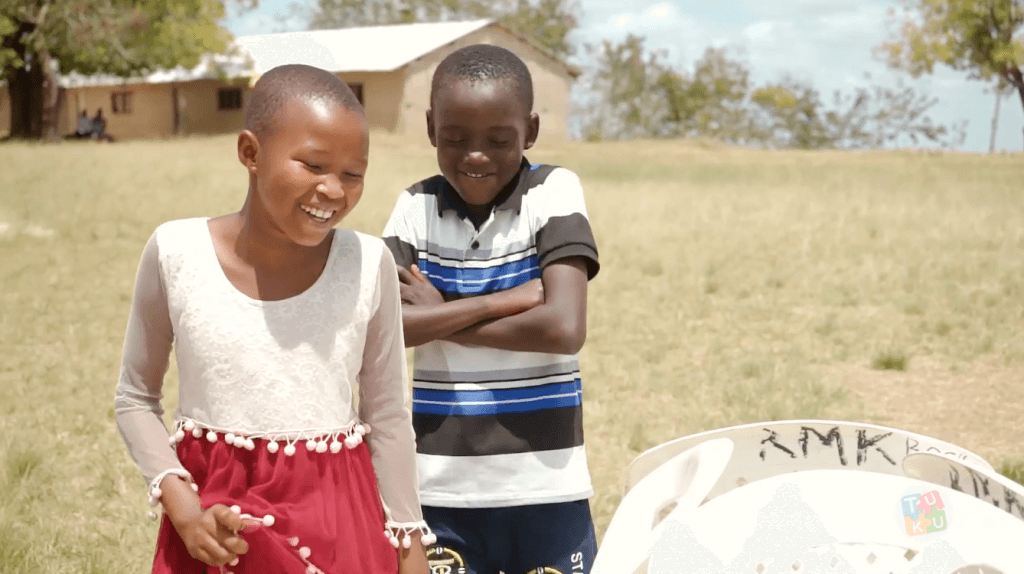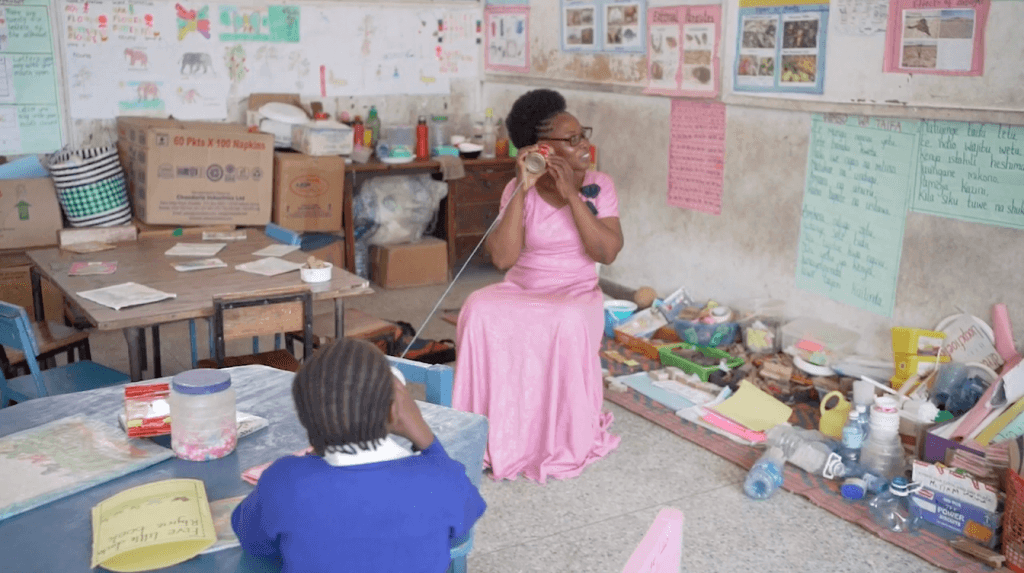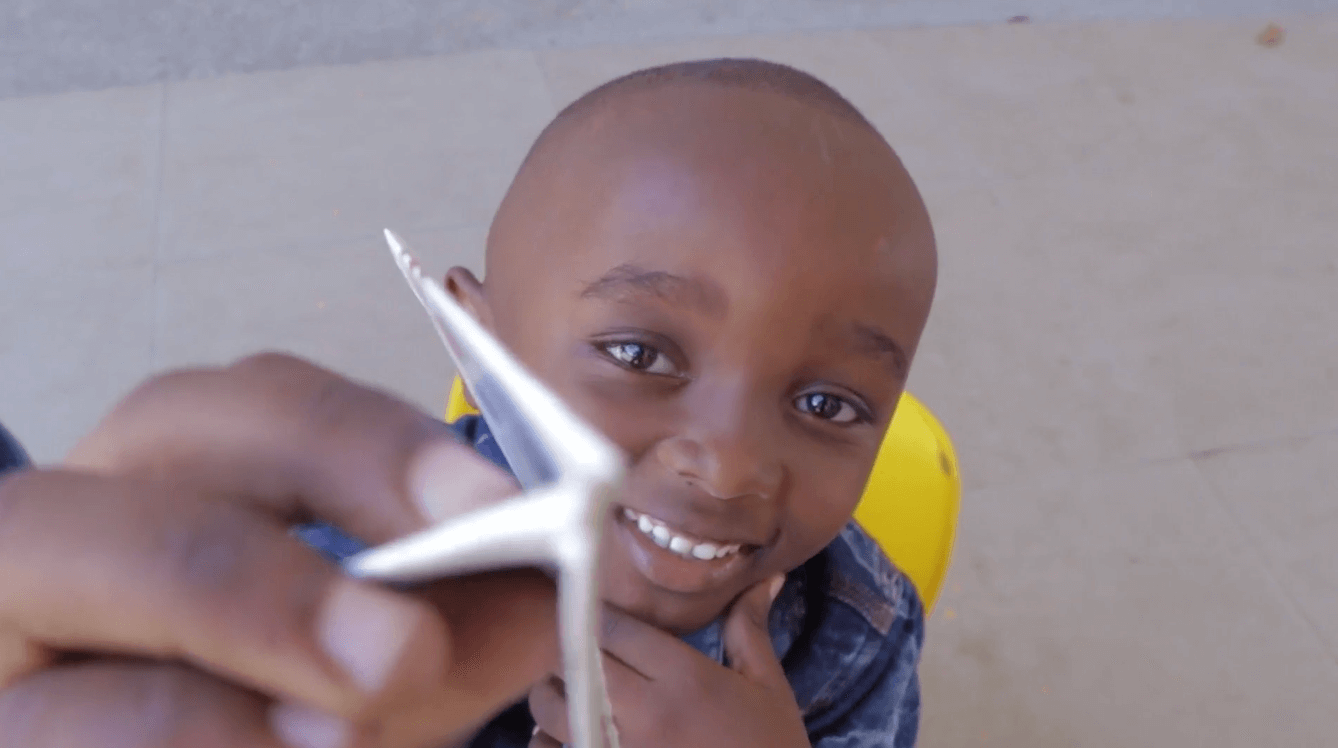The annual LEGO Idea Conference is one of the highlights of the global development calendar, and Schools2030 is delighted to be present at the 2021 virtual event, with representatives from each of its ten programme countries.
The teams have come together to share insights and learnings about what Learning Through Play means in each of their contexts, and how Schools2030’s model of supporting teachers to develop holistic learning innovations aims to expand uptake of and support for play-based teaching and learning.
To celebrate this exciting moment in the education calendar, we have commissioned a short film that showcases the partnership between the LEGO Foundation and the Aga Khan Foundation (AKF) in the region, and explains why Schools2030 is the vehicle through which the two organisations are continuing to accelerate and amplify the use of play-based learning across the world.

Though Schools2030 is a relatively new initiative of the LEGO Foundation and AKF, the wider portfolio of their work in East Africa has for some time used similar processes of iterative, participatory design to support teachers – and indeed parents and school communities more broadly – to improve teaching practices and incorporate more play-based learning into their classrooms and homes. Supported by the LEGO Foundation and Global Affairs Canada, AKF used this participatory design approach to develop a series of ‘Play Kits’ for Kenyan families during the worldwide lockdowns. These are a set of 120 activity posters and supporting resources to help parents and caregivers to engage in meaningful and joyful learning experiences with their children at home.
The activities offer guidance for the families of both preprimary and primary aged children, and include ways to inspire creativity (‘Make a Toy’ workshops), encourage physical activity (Hopscotch Maths), and create opportunities for reflection on a child’s surroundings (the ‘Letter writing Campaign’). Aligned to national curricular priorities in much the same way as Schools2030 is in each of its ten countries, the Play Kits are now being made freely available for the 21,000 government schools across Kenya, to use and adapt for their own children, communities and classrooms. It is this work that Schools2030 is now continuing, as it supports teachers in an innovation process that will allow them to incorporate more and more playful teaching methods into their classrooms, ensuring that students get the most out their education – an education that is meaningful, joyful, collaborative and engaging.

Those of us working in the third sector know very well the structural challenges we face when working for systemic change. With the global deadline for achieving the Sustainable Development Goals fast approaching, more than ever we need innovative, collaborative and responsive education approaches to tackle the crisis in education exacerbated by the pandemic. Moreover, the case for incorporating more social and emotional learning into the classroom has never been greater. That is why that both AKF and the LEGO Foundation believe that the time is right for Schools2030 to drive forward its goal for improved holistic learning through its innovative approach – one that nurtures, continual transformative change from the bottom up.
